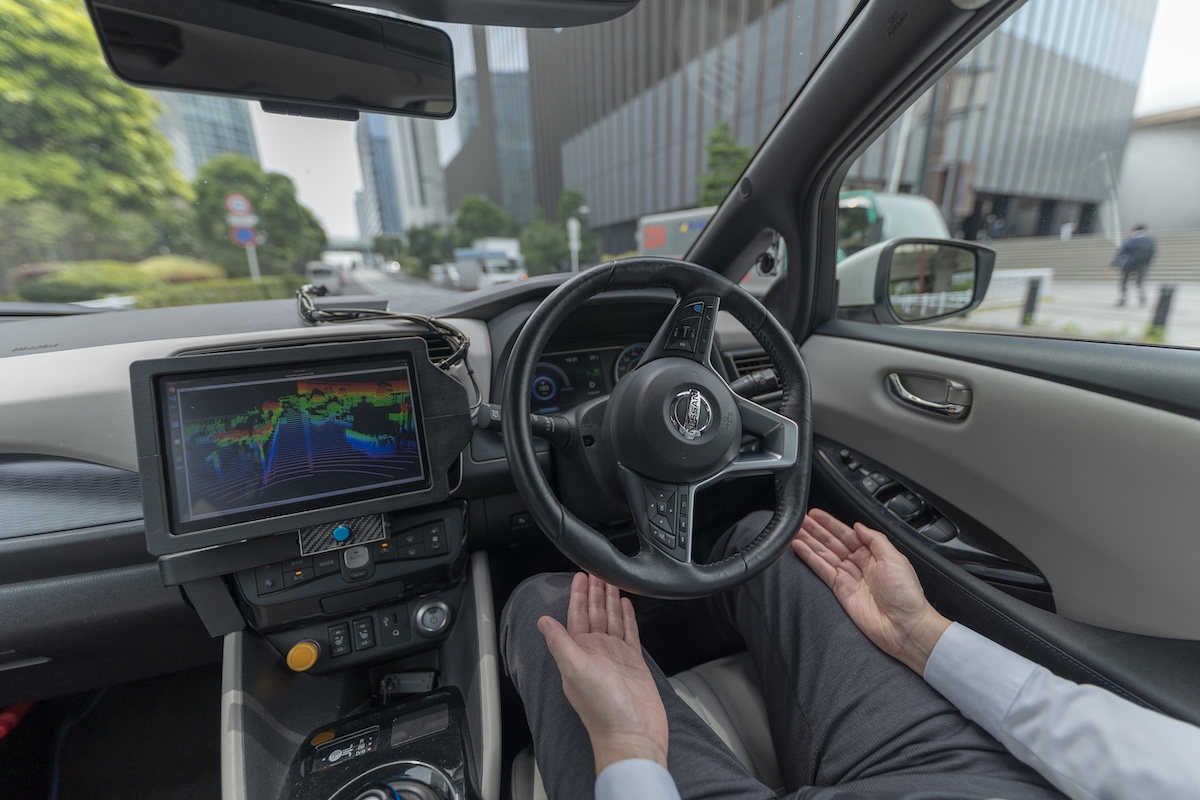Wayve’s AI Driver is built on what is known as an “Embodied AI” foundational model. Unlike mainstream autonomous driving technologies that rely on high-definition maps and predefined decision logic, this model is trained on vast amounts of real-world driving data to create a system capable of learning, adapting, and predicting on its own. Much like how large language models learn through linguistic patterns, this driving model can evolve and adapt across diverse environments and situations, offering greater versatility and flexibility. From congested urban traffic to unexpected events on highways, Wayve claims its technology enables vehicles to make human-like driving decisions and reactions, thereby enhancing collision avoidance and risk control capabilities.
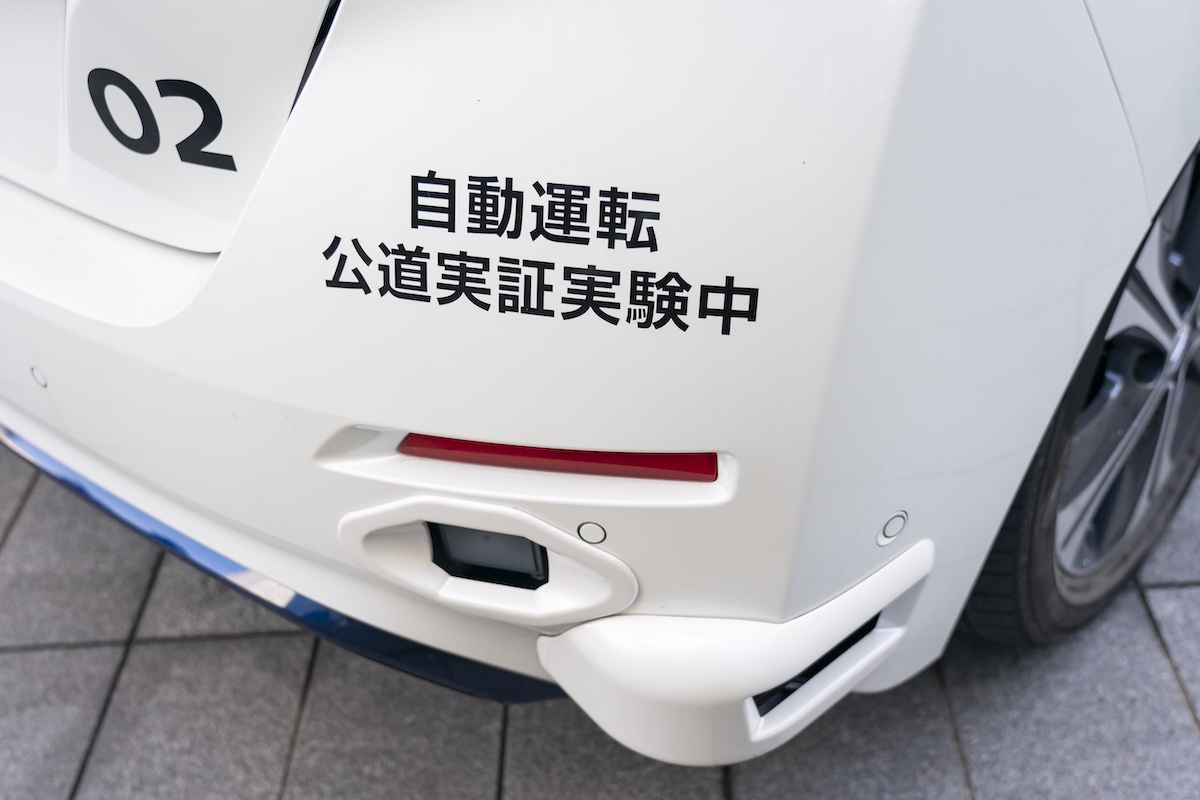
However, as Nissan begins to lay the groundwork for an AI-driven autonomous future, other competitors have long been maneuvering in this race. Tesla, for instance, has developed its Full Self Driving (FSD) system based on a “vision-only” strategy, avoiding LiDAR and instead relying on a network of cameras and its proprietary Dojo supercomputer to process massive datasets. While Tesla’s pace in autonomous development is notable and has given it a first-mover advantage, its system remains controversial due to high sensitivity to environmental variables and questions about stability. German automakers like BMW and Mercedes-Benz have adopted a more conservative yet stable approach. BMW’s Highway Assistant system currently offers near-SAE Level 3 functionality in some markets, utilizing a combination of LiDAR, radar, and HD maps—technologically mature but with limited use cases. Mercedes-Benz, on the other hand, leads as the world’s first automaker to receive official SAE Level 3 certification with its Drive Pilot system, already available in parts of Germany and the U.S. While the technology is highly rigorous and meets strict safety standards, its rollout has been slow and costly.
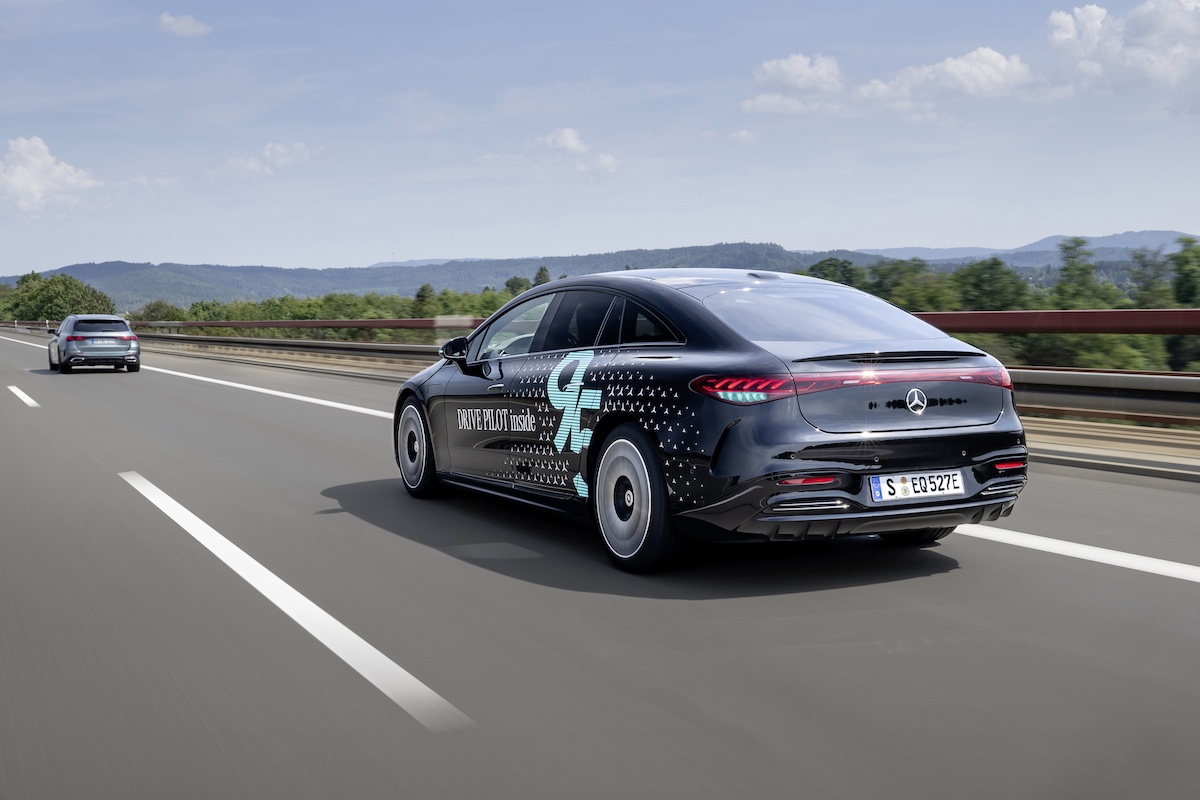
In this industry context, the collaboration between Nissan and Wayve is more than a mere technical upgrade—it represents a strategic breakthrough and innovation. Unlike traditional automakers who rely on hardware and rule-based systems, Nissan is breaking the mold by adopting AI-led, learning-based development. This signals a shift in the core of future autonomous driving competition—from a race for sensor and mapping resources to a contest of AI learning capability and adaptability. This transformation may position Nissan as one of the few traditional automakers capable of evolving into a leader in AI driving technology.
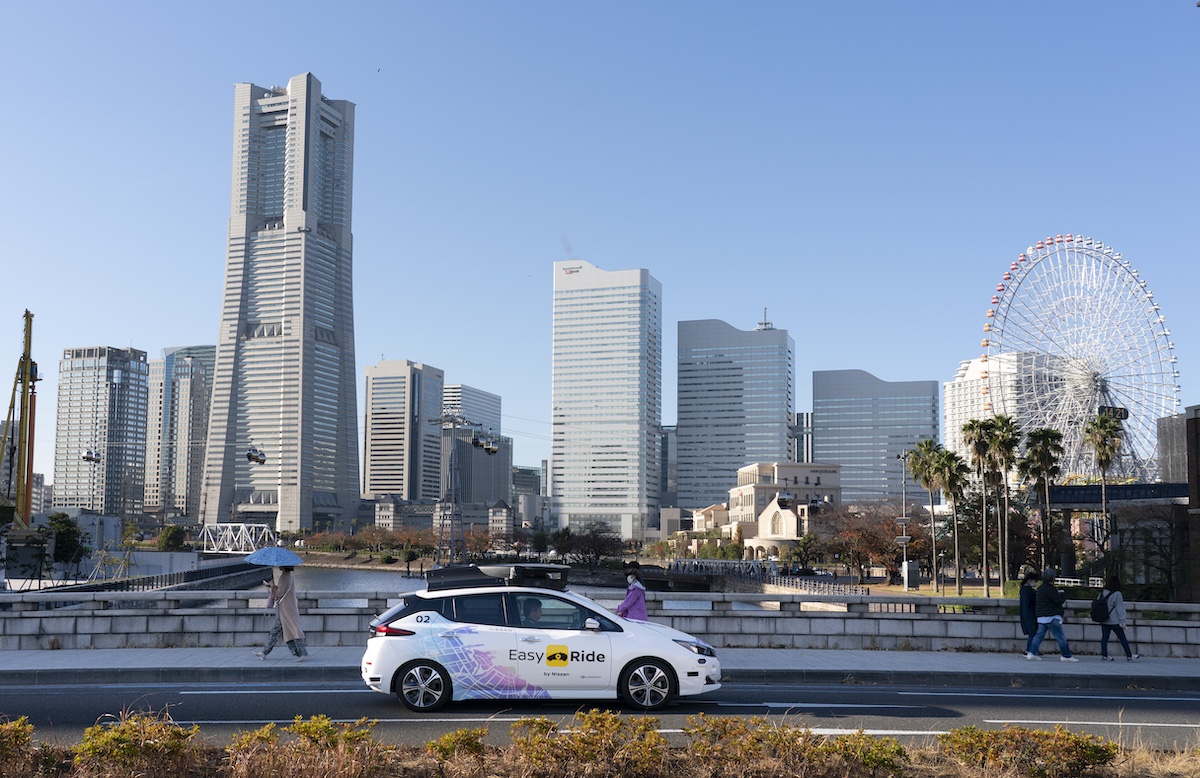
Nevertheless, several critical challenges remain before this technology can be successfully commercialized globally. First is the issue of localized adaptation for AI models. Different markets have vastly different traffic cultures and regulatory systems. If an AI driving system cannot quickly understand and adjust to these, true global deployment becomes impossible. Second, legal frameworks and liability issues remain major hurdles for the promotion of SAE Level 3 to 4 technologies. Many countries still lack sufficient regulatory structures to address the risks and responsibilities of autonomous vehicles. Lastly, public trust in relinquishing driving control to AI will play a pivotal role in market acceptance—a trust that must be built through long-term user experience optimization and education.
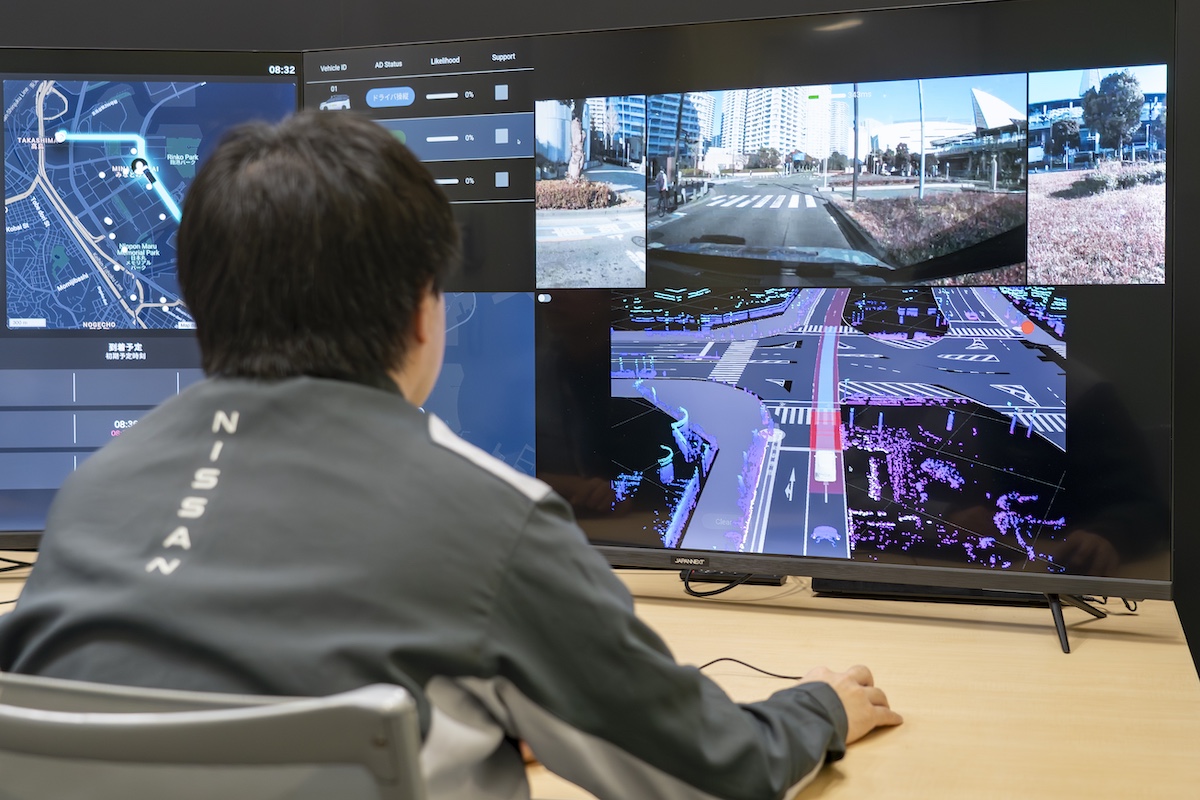
In summary, Nissan’s upcoming next-generation ProPILOT system is more than just a technological leap—it’s a shift in brand philosophy. The company is evolving from simply building cars to developing holistic smart mobility solutions. As major automakers race to embrace an AI-driven future, the true contest will not lie in the accumulation of algorithms or hardware, but in how AI can drive a fundamental transformation in how we think about driving.
